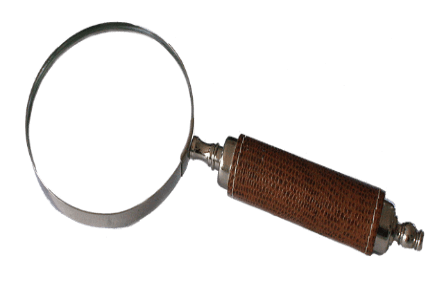Health and Safety Inspections and Improvement or Prohibition Notices – Case Review
Health and Safety / 21 March 2019

A recent High Court decision has raised the importance of engaging with health and safety investigations and seeking legal advice if an improvement or prohibition notice is issued, to explore options for challenge to these. As a general rule, the alleged contravention of the Health and Safety at Work Act 2015 (Act) must be identified in an improvement or prohibition notice. Further, a WorkSafe Inspector must have evidence to support the alleged contravention and have followed due process in the investigation process.
Case Summary: Maritime New Zealand v Glass Bottom Boat Limited [2019] NZHC 81
Glass Bottom Boats (GBB) operates a glass bottomed boat in the Goat Island Marine Reserve, north of Auckland. Given the immense popularity of the location, the boat frequently shares the reserve with swimmers, kayakers and others participating in recreational activities. The boat was therefore modified and had safety strategies and procedures in place to mitigate risk to others in the area.
Complaints were made about GBB’s operation, to Maritime New Zealand (MNZ). MNZ investigated those and determined that there was a risk of propeller or vessel strike, poor health and safety management processes by GBB and that severe injury was probable given this. It subsequently issued GBB with improvement and prohibition notices under the Act. GBB took issue with the lack of detail in the notices, and successfully challenged these in the District Court. That decision was appealed by MNZ to the High Court.
The High Court held, in summary, that:
- the contravention or breach in the improvement notice needed to be described with “sufficient particularity” to allow the remedying of the breach;
- it was incorrect of MNZ to rely on the omission of a suitable risk assessment as being a likely breach of the Act;
- the improvement notice was procedurally unfair, whereby MNZ had a predetermined outcome and a lack of evidence to support the views held. GBB also had no opportunity to respond to concerns, as the notices were issued without meeting with it; and
- the prohibition notice was unreasonable as GBB had discharged its duty to minimise risks.
Message for Employers
This case demonstrates the importance of receiving legal advice if an improvement or prohibition notice is issued. Such notices must meet minimum requirements in terms of specificity and procedural fairness. If these are not met, there may be grounds to seek an internal review of the notice or challenge the notice in the District Court. If a notice is successfully set aside, it no longer remains on the record. If a later health and safety incident arises, then then no attention would be drawn to the improvement or prohibition notice.
Disclaimer: We remind you that while this article provides commentary on employment law and health and safety topics, it should not be used as a substitute for legal or professional advice for specific situations. Please seek legal advice from your lawyer for any questions specific to your workplace.